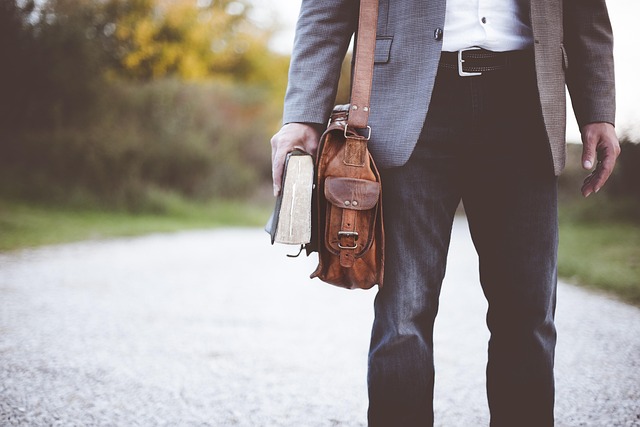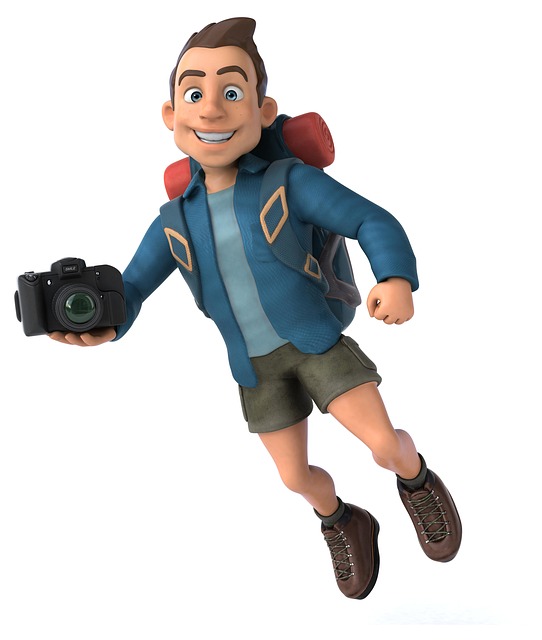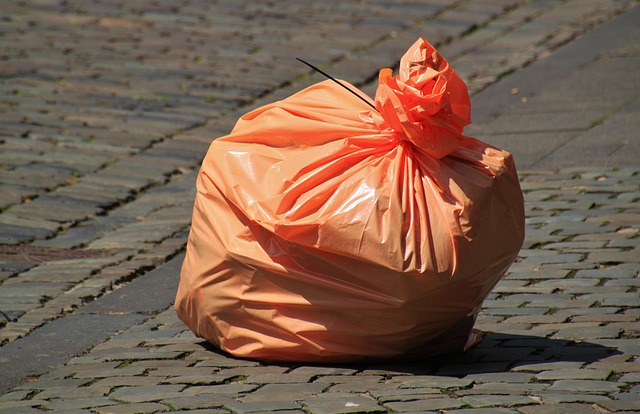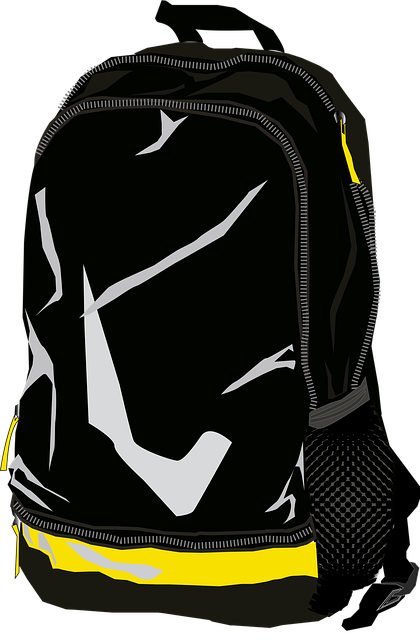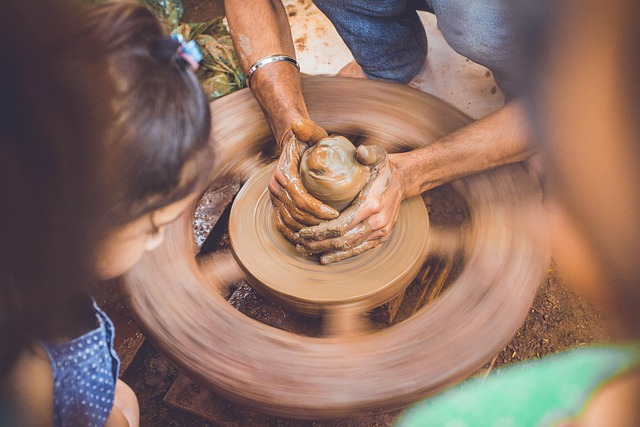Before packing a first aid pouch for remote survival scenarios, assess potential injuries from cuts to fractures. Include bandages, antiseptics, splinting tools, and tourniquets. Pack essential medications tailored to various needs like painkillers, antihistamines, and personal prescriptions. For long-term survival, add a compact first aid manual, safety pins, scissors, and consider wilderness first aid training. Regularly update your kit based on individual needs and participate in skills workshops for effective emergency preparedness.
Stay prepared with portable first aid pouches—your on-the-go survival skill. Whether hiking, traveling, or simply running errands, knowing how to provide immediate care can make all the difference. This comprehensive guide outlines essential steps to equip yourself with the right tools and knowledge. From understanding basic needs to creating customized kits, learn how to pack medications and supplies effectively. Discover tips for efficient on-the-go treatment, enhancing your overall preparedness—a must-have addition to any bug-out bag survival skills arsenal.
- Understand Your Basic First Aid Needs
- Choose the Right Portable Pouches
- Pack Essential Medications and Supplies
- Create Customized Treatment Kits
- Practice Skills for Efficient On-the-Go Care
Understand Your Basic First Aid Needs

Before packing your first aid pouch, take time to understand your basic needs for on-the-go treatment. Consider the potential scenarios you might encounter during your travels—from minor cuts and scrapes to more serious injuries like sprains or fractures. This involves assessing both common outdoor hazards and specific survival skills to learn for your bug-out bag, such as how to treat wounds in remote areas.
Think about the resources available to you when venturing into the wilderness or unexpected situations. For instance, if you’re an outdoorsman’s guide to enduring extreme conditions, your first aid kit should include essential tools and supplies that can help manage bleeding, control infections, and administer basic life support. Even if you’re not in a survival situation, knowing how to use these items promptly could make all the difference in daily outdoor activities. Remember, when preparing your portable first aid pouches, give us a call at Survival 101: Fire Starting Methods and Tools for expert advice tailored to your specific needs.
Choose the Right Portable Pouches

When it comes to choosing the right portable first aid pouches, consider your needs and the potential survival skills you may need. Learning primitive skills for modern emergencies can be invaluable in remote forests where medical assistance is far away. A well-stocked pouch should include items relevant to various disaster scenarios, like injuries sustained during evacuations or while sheltering in place.
For instance, a basic kit could feature bandages and antiseptics for treating wounds, along with tools for splinting and tourniquets for life-saving measures. If you’re packing for a bug-out bag designed for survival skills, include items that cater to specific needs like plant and animal knowledge for identifying edible resources or learning how to create temporary shelters using natural materials. Give us a call at Prepper’s Guide to Building an All-in-One Kit for tailored advice on assembling your ideal emergency kit.
Pack Essential Medications and Supplies

When preparing your portable first aid pouches for on-the-go treatment, it’s crucial to pack essential medications and supplies that cater to various scenarios. Include basic painkillers like acetaminophen or ibuprofen for treating minor injuries and headaches. Antihistamines are a must for managing allergies, while bandages, gauze, and antiseptic wipes help in dressing wounds. Don’t forget to add any personal prescription medications you or your family members regularly take.
For long-term survival scenarios, incorporating items like a compact first aid manual, safety pins for securing bandages, and safety scissors for cutting tape or fabric can prove invaluable. Additionally, learn wilderness first aid techniques through training courses—these skills are essential for self-reliance in remote areas. If you’re interested in enhancing your survival skills to learn for your bug-out bag, consider finding us at learning primitive cooking techniques for survival.
Create Customized Treatment Kits

Creating your own customized first aid pouches is an excellent way to tailor treatment solutions to specific needs, whether you’re packing for a wilderness trip or preparing a bug-out bag for emergency preparedness planning. Start by assessing the skills and resources required in potential survival scenarios; this could include knowledge of basic wound care, administration of CPR, and even learning essential survival skills to enhance your chances of staying safe during unforeseen events.
Consider incorporating items that cater to specific health considerations or hobbies. For instance, if you’re an athlete, include bandages designed for active individuals. Similarly, for those with allergies, pack epinephrine auto-injectors. Don’t forget to update your kit regularly and consider taking a survival skills workshop for personal development to gain expert advice on emergency preparedness planning for vulnerable populations. Give us a call at survival skills workshops for personal development to learn more about putting together an efficient and effective first aid pouch that meets your unique requirements.
Practice Skills for Efficient On-the-Go Care

Practicing survival skills is essential when it comes to efficient on-the-go care, especially during emergencies or unforeseen situations. One of the key aspects to focus on is learning how to create a sustainable survival kit – this could be the difference between life and death in remote areas. Start by familiarizing yourself with basic first aid techniques; know how to treat wounds, perform CPR, and administer emergency medication. These skills will give you confidence and ensure quick response times during critical situations.
Additionally, understanding plant and animal knowledge from Surviving in Remote Forests is invaluable. Learning to identify edible plants and knowing the basics of wilderness survival can help you navigate through challenging environments. Remember, preparation for the worst-case scenario involves more than just packing a bug-out bag; it’s about honing these practical skills that could save lives. Always stay informed, practice what you learn, and keep your emergency preparedness 101 knowledge up to date. Give us a call at Surviving in Remote Forests for expert guidance on building the ultimate portable first aid pouch.
When it comes to on-the-go first aid, being prepared is key. By packing portable pouches with essential medications and supplies, you empower yourself to provide immediate treatment during emergencies or while out in nature. These survival skills, when combined with knowledge from our earlier sections on understanding basic needs, choosing the right containers, and customizing your kits, can transform a standard first aid kit into a valuable asset for any bug-out bag or outdoor adventure. Stay safe and be ready – because every second counts!
